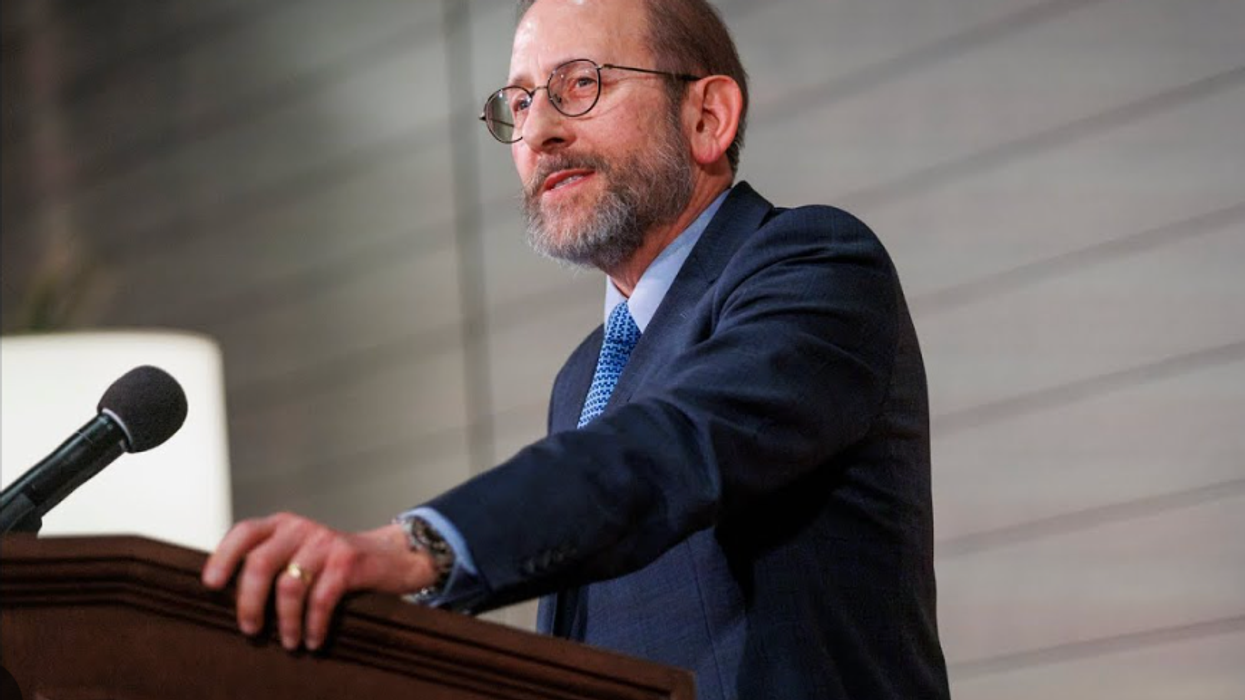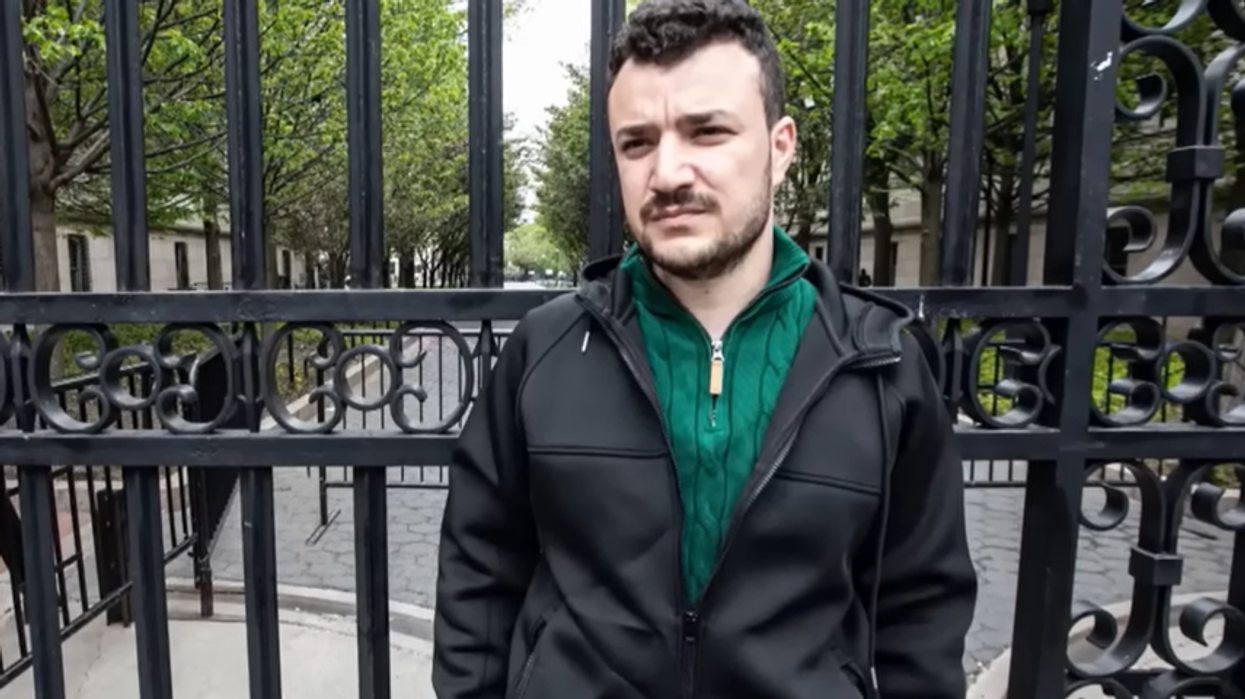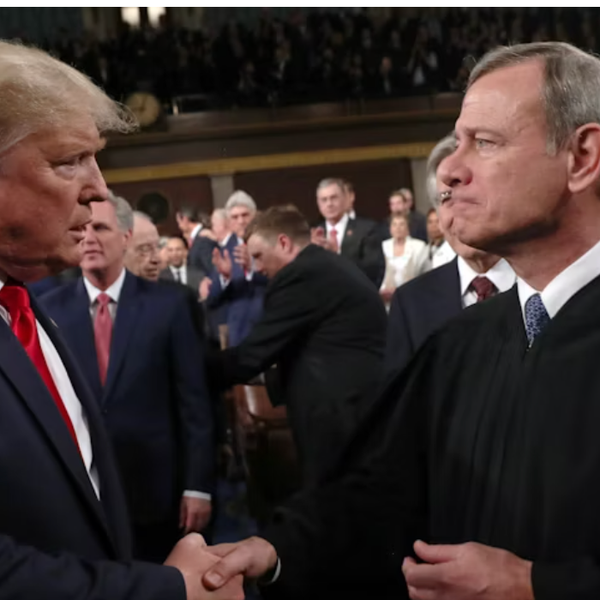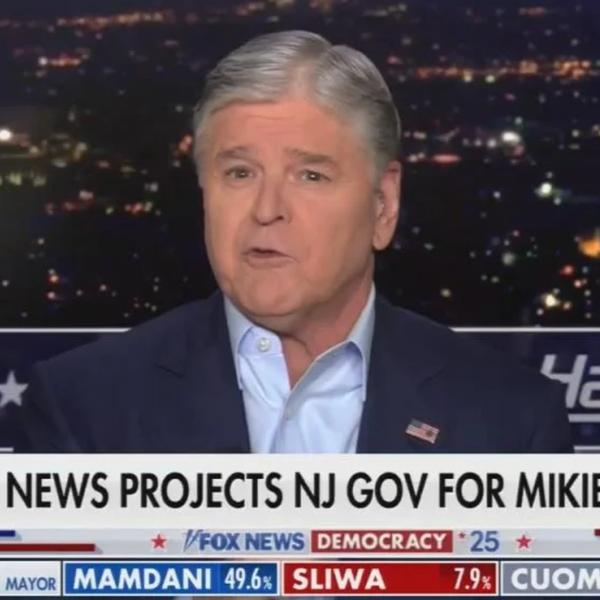Why Trump Is Hellbent On Destroying America's Universities
The New York Times told readers on Monday that Harvard may be close to a deal with Donald Trump, where it pays $500 million in exchange for continuing to be able to get government grants and admit foreign students. This would likely be similar to a deal Columbia University struck last week where it agreed to pay $200 million.
Some people, notably former Harvard President and top Clinton-Obama economic advisor Larry Summers, urged Harvard to make a similar deal. Fans of academic freedom may not feel the same way.
First, we should be clear about what is going on here. Harvard and other universities have won contracts to do research for the government in health care and other areas. These are not gifts from the government. Harvard faculty won these research contracts through competitive processes, similar to the way military contractors win a contract to build a missile system.
Trump is suddenly saying he doesn’t like the way Harvard is run and saying he will take away the contracts. As a sidebar, he is also threatening to refuse to provide visas to foreign students, taking away a major source of tuition money for Harvard.
Trump’s original complaint centered largely on charges of antisemitism at Harvard. While there is undoubtedly antisemitism at Harvard, just as there is racism directed against Blacks and often very open displays of Islamophobia, that clearly was the not the real issue.
Trump has peppered his administration with neo-Nazis and Holocaust deniers. It is absurd to imagine Trump has any problem with antisemitism. There are many students, faculty, and administrators at Harvard who are harshly critical of Israel’s attacks on the people of Gaza, as well as Palestinians in the West Bank. It is a lie to equate these criticisms with antisemitism, especially since a large share of the critics are Jewish.
The real issue is that Donald Trump doesn’t want Harvard to be able to do research and teaching that conflicts with Donald J. Trump thought. This means first and foremost he doesn’t want the school to be able to tell the truth about the history of slavery and racism in the United States. He doesn’t want it to be able to talk about our treatment of Native Americans. And he certainly doesn’t want honest discussions of the history of U.S. imperialism, such as overthrowing governments that don’t treat U.S. corporations well.
He also doesn’t like scientific research (which should just be called “reality”) which contradicts his claims about the world, most notably Trump’s denial of global warming. However, his problems with research would be far broader.
He surely is unhappy with research showing that his Secretary of Health and Human Services, Robert F. Kennedy Jr., is a complete liar when he talks about the risks and benefits of vaccines, as well as almost any other health-related issue. He also is likely unhappy with research that shows people here pay his import taxes and that his haphazard staffing and budget cuts are already having a large impact on the country.
Trump wants to be able to prevent Harvard and other universities from spreading information that contradicts his claims about the world. It’s not clear how far the deal with Columbia University goes in accomplishing this goal, but at the very least he got the university to pay $200 million in tribute for nothing. Its crime was being a university.
It would be foolish to say that there is nothing wrong with American universities. There are plenty of instances where wealthy donors can buy their children into elite institutions and even create whole areas of study dedicated to their pet interests. Also, some of the government contracts likely did involve corruption, or at least insider dealing, just as is the case with military contracts. And there are foolish lines of research, some of which can be called DEI, but some of which is also carried out in other areas.
But Trump’s efforts are not about making our colleges and universities adhere more closely to their ideals as institutions promoting the free exchange of ideas and pursuing unbiased research; it is about destroying them as centers of independent thinking. This will be a major blow to the country and economy, since our leading industries all derive their strength from work that originated in American universities, although often decades in the past.
But Trump cares little about the future of the country or the world; he wants people who will celebrate him in the same way that North Koreans celebrate their Dear Leader, Kim Jung Un. It apparently doesn’t bother him that we now have the largest measles outbreak in thirty years, even though we developed a completely safe vaccine with near 100 percent prevention rates more than sixty years ago.
It doesn’t bother Trump that increasing temperatures and increased instances of extreme weather are exposing large parts of the country to dangerous heat, storms, and flooding. And it doesn’t bother him that we are letting global warming induced wildfires destroy much of our natural heritage, including our national parks.
Apparently, nearly all Republican politicians are just fine going along for the ride. This is perhaps not surprising with power-hungry younger opportunists like Vice-President J.D. Vance and Secretary of State Marco Rubio, but it is a bit harder to understand among older politicians at the end of their careers, like Senators Charles Grassley and Mitch McConnell.
But getting back to Harvard, who knows if a Columbia-type deal is the best it can do at this point. We do have to recognize that there may simply be no place for a real university in Donald Trump’s America.
The one thing we do know with certainty is that whatever conditions Harvard accepts will not be the end of its problems. If it intends to function as an honest university, its students will stage a protest, or its faculty will do research that angers Donald Trump.
At that point, Donald Trump will be back with his new list of demands. With Donald Trump, a deal means nothing. Just ask the leaders of Mexico and Canada about the trade deal they signed with him in 2020.
Dean Baker is an economist, author, and co-founder of the Center for Economic Policy and Research. His writing has appeared in many major publications, including The Atlantic, The Washington Post, and The Financial Times.
Reprinted with permission from Substack.












